
China
22:31, 15-Mar-2018
Woman suffers from blood clots for fiddling with her phone for 20 hours
CGTN
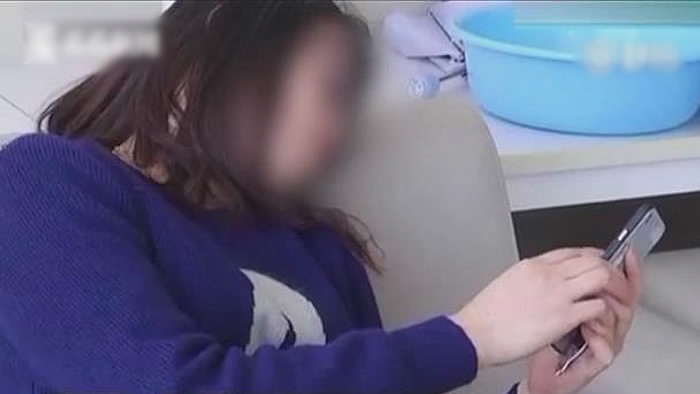
How can you pass the time on a long journey? Fiddling with your smartphone, perhaps. Unfortunately, one woman stared at her phone too long, which gave her massive blood clots.
A 46-year-old migrant worker from central China’s Henan Province went back to her hometown for the Spring Festival holiday. Since it was a 20-hour ride and the train was quite crowded, she barely moved as she stared at her phone for the entire journey.
As soon as she got off the train, she felt weak on the right side of her body, and then fainted after not being able to speak clearly.
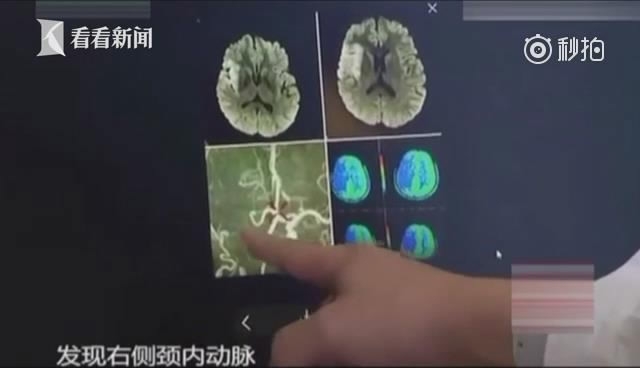
Screenshot from the video of Kankan News
Screenshot from the video of Kankan News
A hospital doctor diagnosed her with cerebral infarction, after a CT scan showing that major blood vessels in her neck were blocked.
She had an operation at once.
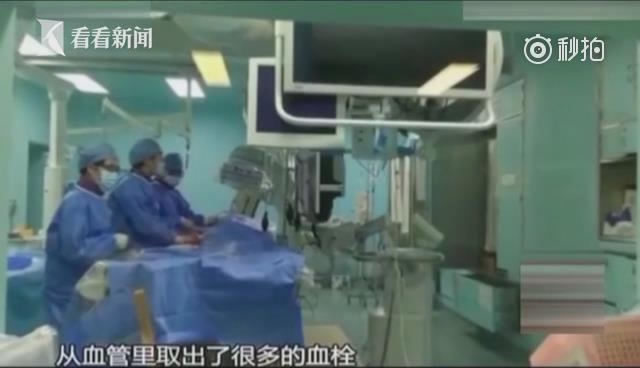
Screenshot from the video of Kankan News
Screenshot from the video of Kankan News
According to Dr. Meng Heng, a neurologist at the First Affiliated Hospital of Jinan University in Guangzhou, the blood clots taken from the patient were as large as two centimeters in diameter, almost twice the size of what other patients usually have.
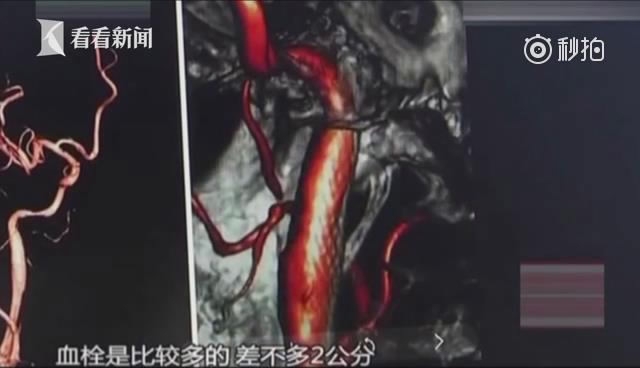
Screenshot from the video of Kankan News
Screenshot from the video of Kankan News
Fortunately, the woman recovered after the surgery. The doctor believes that the serious condition might have something to do with what she did on the train.
Dr. Meng said, “She held the same position with her head leaned to the right and staring at her phone for too long, which compressed the blood vessels on the right side of her neck, forming the blood clots.”
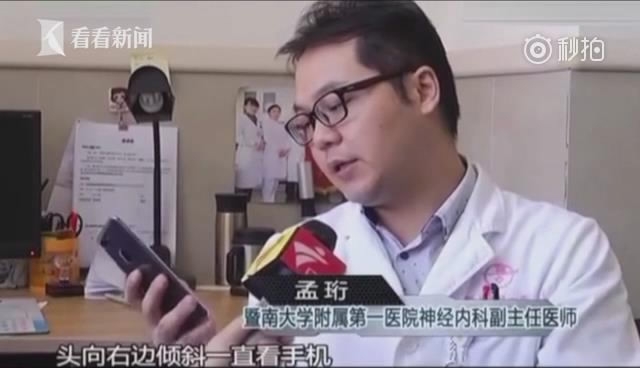
Screenshot from the video of Kankan News
Screenshot from the video of Kankan News
He also warned that there’s a growing number of young people who’ve been suffering from blood clots in recent years, in a manner similar to the woman.
"Smartphone users should maintain comfortable posture and take breaks. Do not hold the same position for too long. If people experience the same syndrome as the patient above, they should be sent to hospital at once within 4.5 hours," Dr. Meng said.

SITEMAP
Copyright © 2018 CGTN. Beijing ICP prepared NO.16065310-3
Copyright © 2018 CGTN. Beijing ICP prepared NO.16065310-3